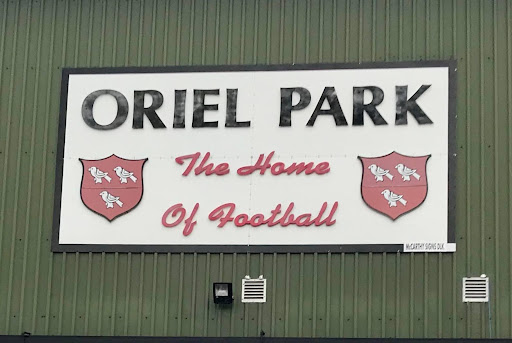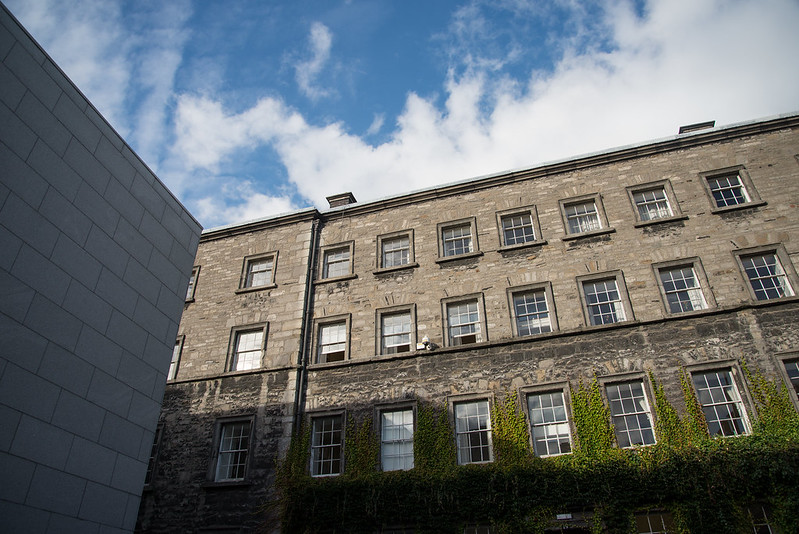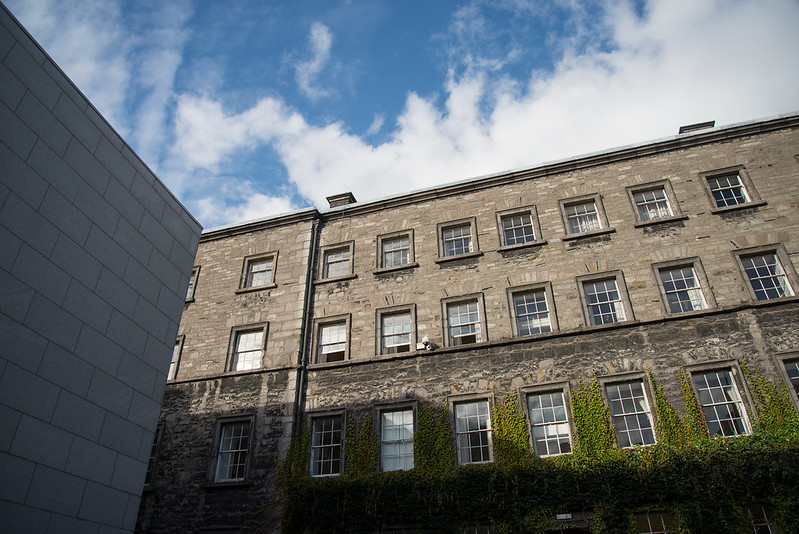The University of Limerick (UL) will offer 15 new undergraduate scholarships to refugees and asylum seekers from September.
The announcement, on UN World Refugee Day, comes a year after UL was awarded University of Sanctuary status. In a press statement, UL’s Vice-President for Academic Affairs and Student Engagement Prof Kerstin May said: “UL is very proud of its University of Sanctuary status and is committed to continually broadening access to higher education across the entire population. We hope to enable as many students as possible who have the potential to go to university to make it there, in this case by removing insurmountable financial barriers.”
The university has also secured funding to expand the scholarship in 2019/20, which would bring the total number of scholarships UL offers to 60 over the next two years. Last year, UL announced 15 one-year scholarships for people living in direct provision.
The arts and business scholarships will mean students who are refugees won’t have to pay international fees while studying at UL.
In a press statement, Dr Máiréad Moriarty, the Chair of UL’s sancturary steering committee, said: “It is really exciting to extend UL’s programme of scholarships for refugees and asylum seekers and offer young people, who are attending secondary school, the opportunity to carry on their studies at university with the security of knowing they have the support for the four-years of their undergraduate programme.”
The Mature Student Access Certificate scholarship, announced last year, includes a fee waiver and financial support for travel, food, stationery and printing.
To apply for the new scholarship, students must be an asylum seeker or refugee who has completed the Leaving Certificate or completed a preparation course for university. Students must also have applied to study in UL through the CAO system.
Ireland’s direct provision system has often been criticised, with numerous student groups launching campaigns to support asylum seekers and refugees. Trinity, which is not a University of Sanctuary, has seen numerous protests against its links with Aramark, which works with direct provision centres.
For many young people in direct provision, third-level education remains out of reach due to the prohibitive costs and the lack of access to state supports.








